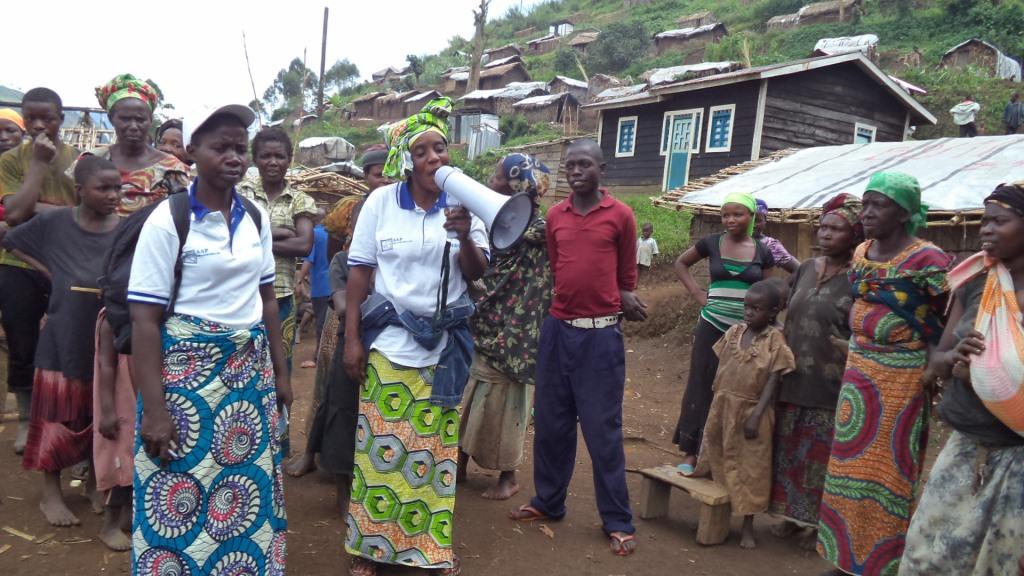Grantee Peer Learning, Co-Learning, and Communities of Practice
Foundations are increasingly turning to peer-based learning opportunities and grantee communities of practice as strategies for investing in grantee capacity building.
- Foundation staff recognize that grantees often learn better in peer groups where they have some or complete control of the agenda — especially when the capacities to be built relate to more difficult or sensitive topics for grantees, like leadership or governance, or pushing to a next stage of organizational growth, or building fields or movements.
- Sometimes capacity-building–focused peer learning evolves when a foundation observes a trend in its portfolio and decides to help a cohort of grantees strengthen a particular capacity.
- Peer learning takes and morphs into many forms, including: a funder-designed convening, a grantee-requested community of practice, an approach co-designed with grantees, or a group that consultants help shape.
- Sometimes grantees can opt in to peer learning, and in other cases peer learning participation is mandatory. Either way, nonprofits appreciate when funders couple learning with support to apply what they have learned to organizational practice. We heard, “Providing training/skill building without capacity to implement changes isn’t that helpful.”
- Peer learning doesn’t have to start in a formal or complicated way. Simply connecting one grantee to another can have a tremendous impact.

